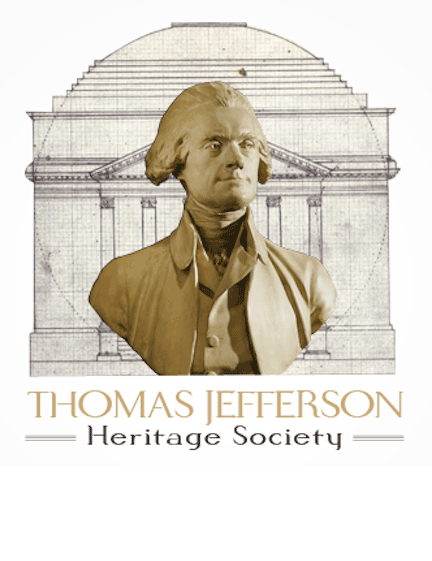Thomas Jefferson & Sally Hemings: An American Controversy
Annette Gordon-Reed
Reviewed by Richard E. Dixon
It is clear the author is troubled by the legal insufficiency of the evidence that Thomas Jefferson was the father to any of Sally Hemings' children. Gordon-Reed masks the lack of direct evidence by using an historical approach in the form of a lawyer's brief. This permits her to compile all the evidence, whether or not legally admissible, in an argument that Jefferson's paternity, while not proved, can be supposed. The book was published before the DNA tests were released, and she acknowledges in an updated printing that "the DNA test does not prove that the descendant of Eston Hemings was a direct descendant of Thomas Jefferson."
Her thesis of paternity relies heavily on the Madison Hemings "memoirs" which she mistakenly terms "direct evidence," and on the 1802 articles by James Callender, which she believes had enough correct details to show that Callender was picking up on believable gossip.
Gordon-Reed's reliance on these sources is based on her acceptance of what she terms "oral history." These are the stories and tales passed down from former family members. She asserts that since slaves did not leave written records, and in fact were denied the opportunity to learn to read and write, the "oral history" of their family should be a substitute. This argument does not address how such a dramatic circumstance, as the President of the United States having a thirty year affair with a slave, would have escaped the notice of the hundreds of persons who passed through Monticello, including Jefferson's family, but perhaps more important, the family of Sally Hemings, as well as the slaves at Monticello, a number of whom could read and write.
The belief that Jefferson had a relationship with Sally Hemings had long been an undercurrent among the subset of historians who specialized in slave studies, so when this book was released, it found an audience eager to embrace it. Later, it would be used as a model for the report issued by the staff at Monticello. For these reasons, it has become an important part of the Hemings myth and the issue of the extent to which family legends may be accepted as "evidence."
